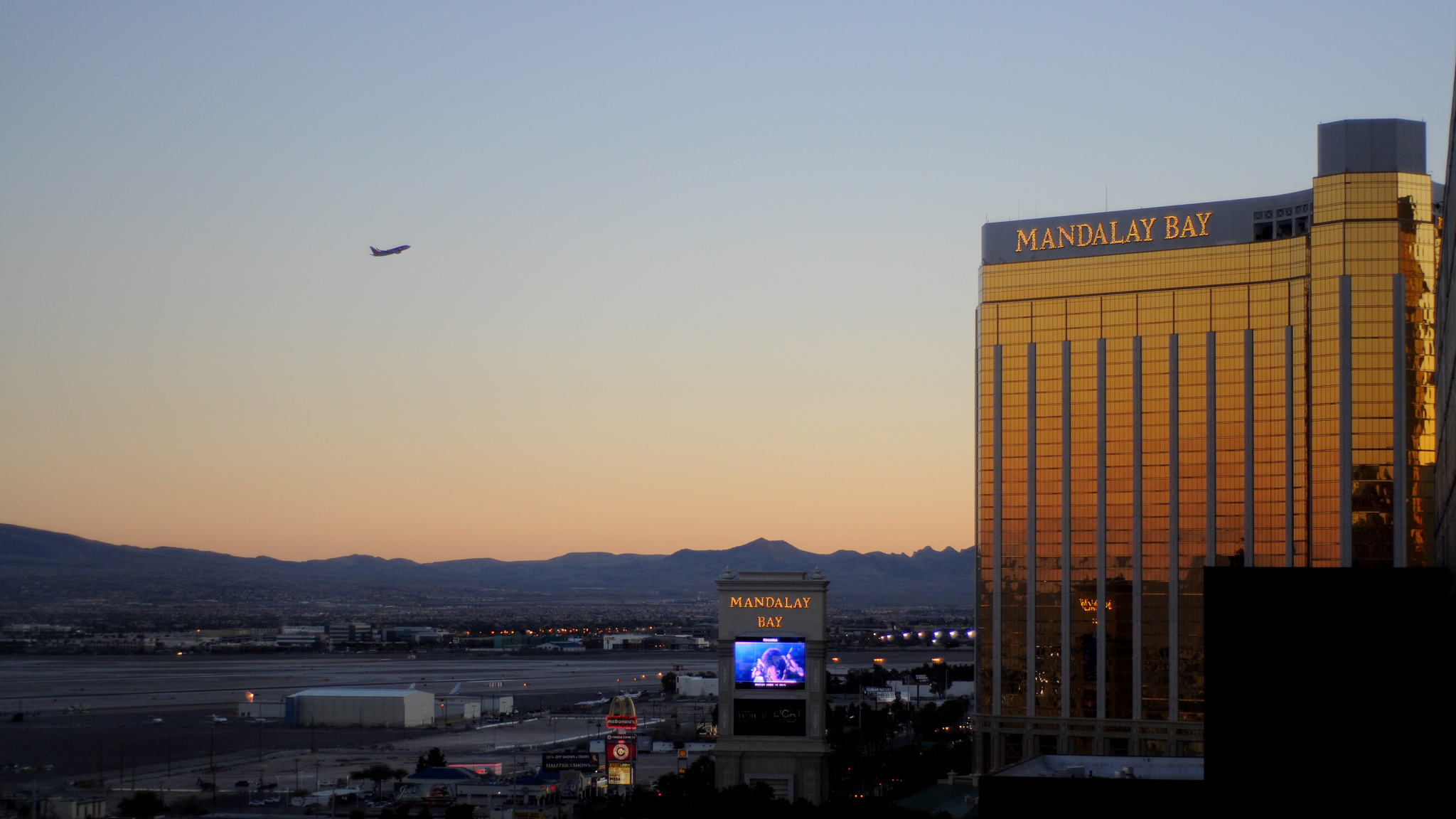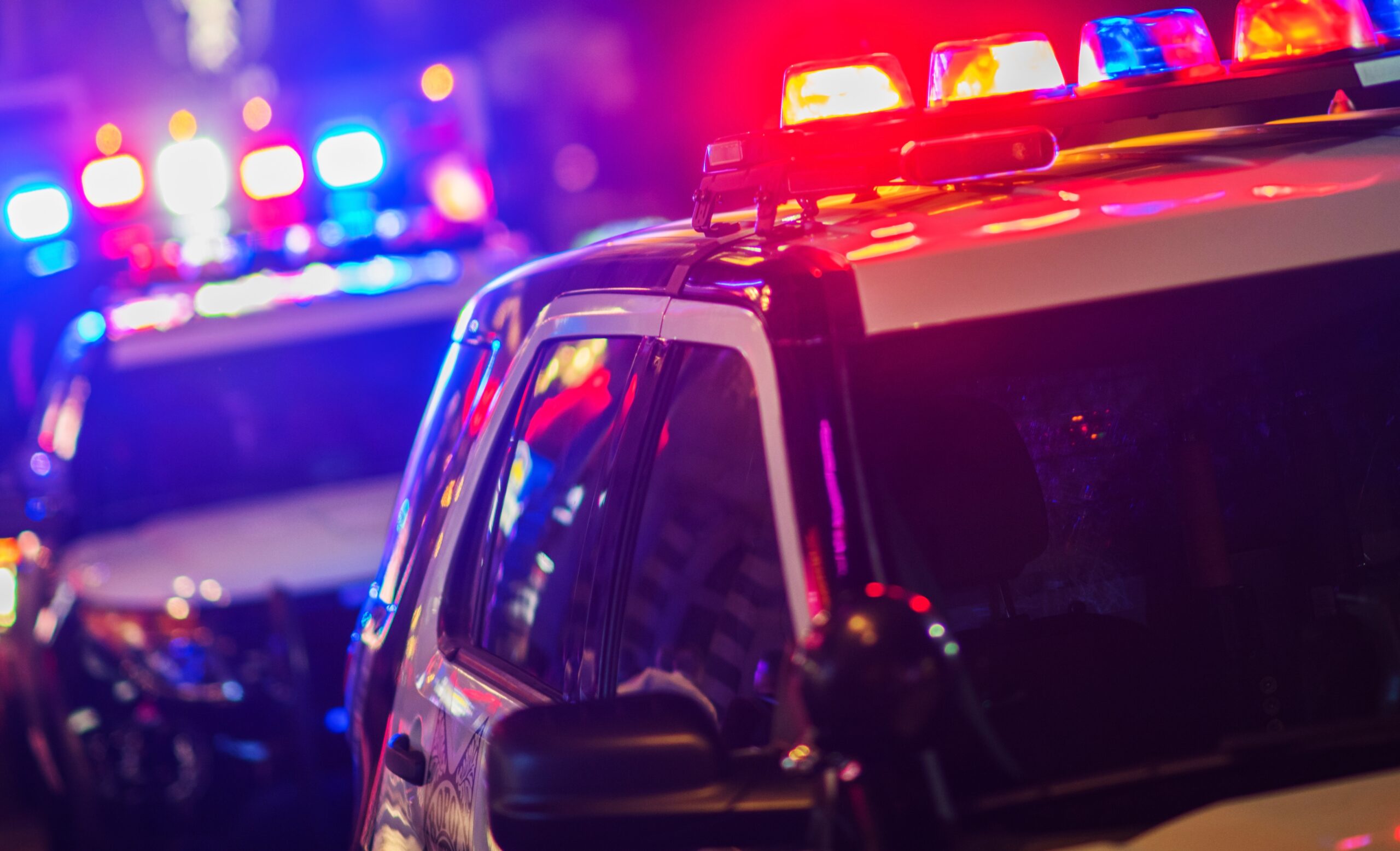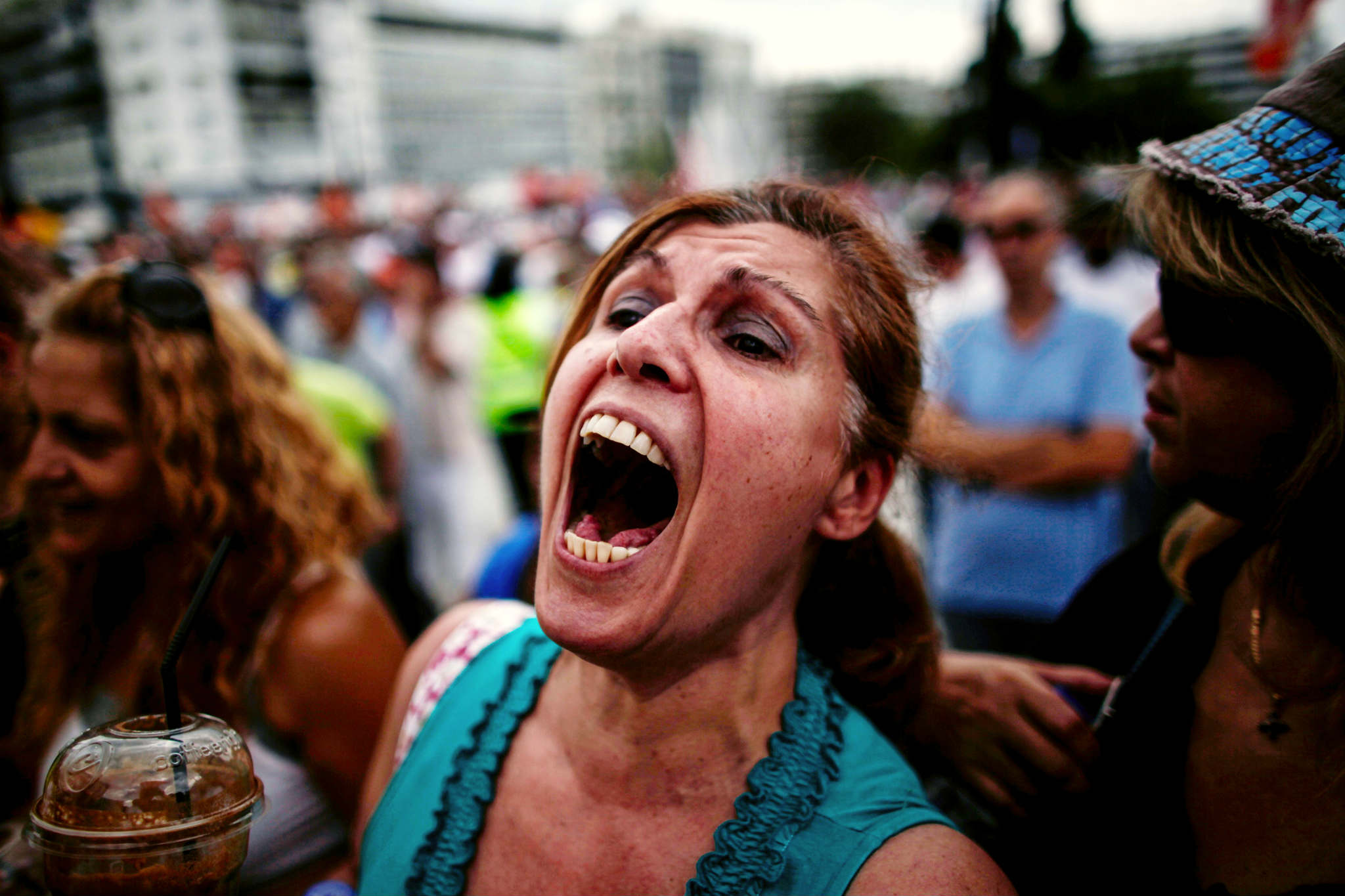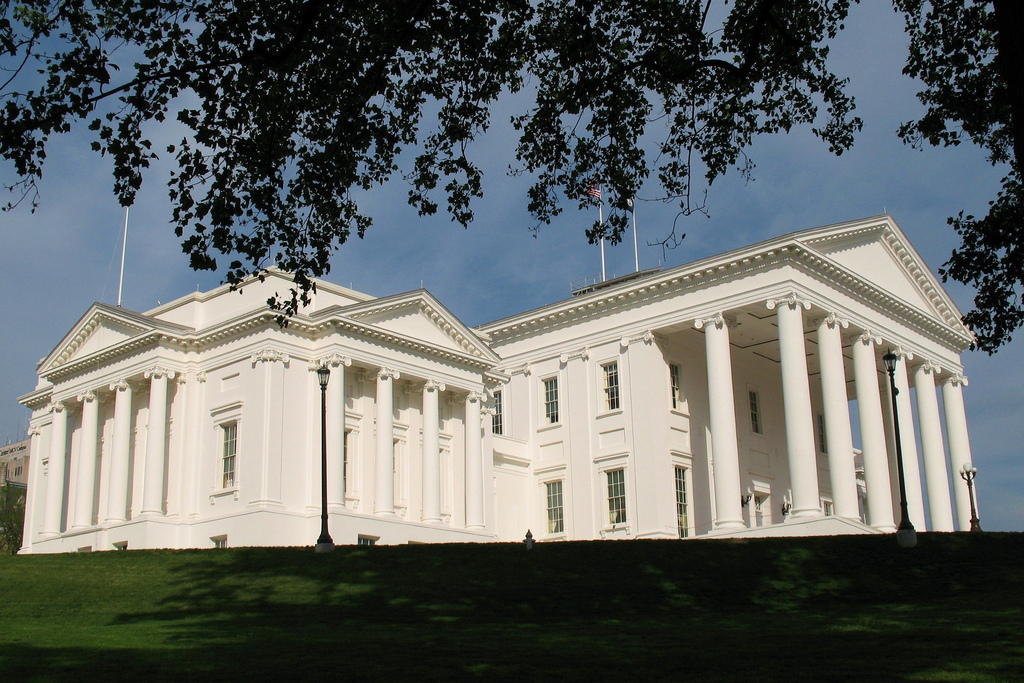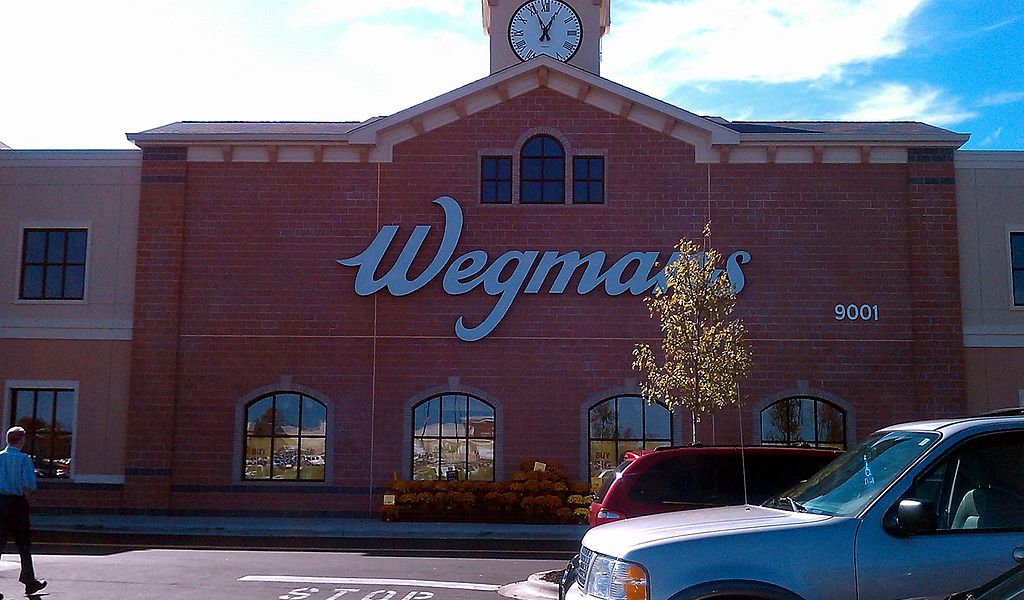Las Vegas is still recovering from the mass shooting that left 58 people dead and 851 injured, but that has not stopped MGM Resorts International from initiating an unprecedented move to sue the nearly 1,000 victims of the incident using an obscure U.S. law never used before. The casino operator is banking on a federal law enacted after the September 11, 2001 terrorist attacks so the company can avoid years of costly litigation from lawsuits from the victims, which has caused outrage among the afflicted.
The law being invoked is the Support Anti-Terrorism by Fostering Effective Technologies Act of 2002, enacted by Congress to urge the development and use of anti-terrorism technologies by providing companies with a way to limit liability if their federally-certified products or services fail to prevent a terrorist attack.
MGM, which owns the Mandalay Bay casino-resort where the shooting originated, is not seeking money, but instead wants a federal judgement to declare that the casino operator has no liability to the survivors or families of slain victims in the deadliest mass shooting in modern U.S. history. According to a report from AP, MGM argues, in a lawsuit filed in seven states, that the October 1, 2017 shooting met two conditions of the anti-terrorism law: “it qualifies as an act of terrorism and federally certified security services were used at the venue,” where at least 22,000 concertgoers were in attendance when thousands of shots rang out from the Mandalay Bay.
Legal experts say that a resolution will not come quickly as appeals to the lawsuit are all but guaranteed. Moreover, some say that an American court may not even be the appropriate place to determine whether or not the shooting would be considered an act of terrorism. But, the U.S. Department of Homeland Security (DHS) said last week that the law authorizes its department head to make that declaration.
The anti-terrorism law was looked at after the 2012 mass shooting in Aurora, Colorado, but the massacre, and other previous attacks, did not involve security services or products certified by DHS to deter terrorist attacks. The federal department has only approved approximately 1,000 services and technologies, including airport screening equipment and stadium security.
DHS responded to the MGM lawsuit saying that Secretary Kirstjen Nielsen, “possesses the authority to determine whether an act was an ‘act of terrorism’ under the law in question, and it [DHS] has not made any such determination regarding the Route 91 Harvest Festival mass shooting incident.” Though, MGM claims that Secretary Nielsen is “not the only one with authority” to make the call, explaining that her public statements “make clear” the attack in Las Vegas meets the law’s requirements.
MGM’s legal argument is, “far too broad of an interpretation of the statute. It should be fairly clear that what MGM did is not what was intended in the statute,” said Brian Finch, a partner at Pillsbury Winthrop Shaw Pittman in Washington, D.C. “It is (the secretary’s) responsibility, not that of a judge,” he added.
Regardless of how the lawsuit is decided, it will undoubtedly be appealed, being that there is absolutely zero case law on this matter. Therefore, the suit could wind up at the U.S. Supreme Court to make the first jurisprudence on anti-terrorism law.

